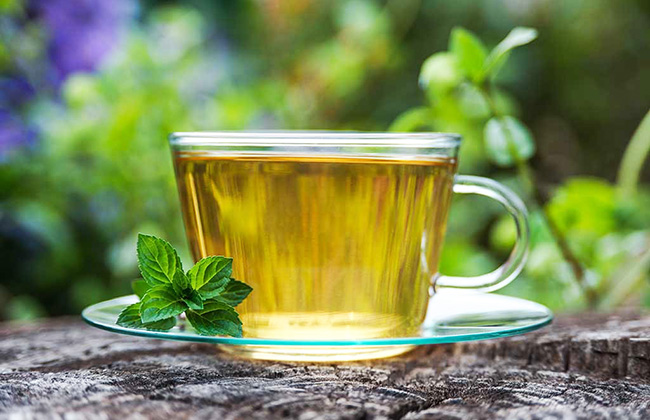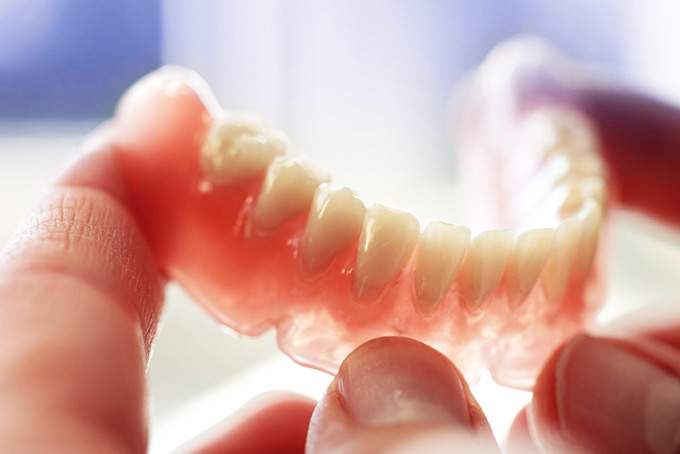A lot of people living in the US, forty percent in fact, eat too much, or eat bad kinds of food because of stress. It might seem comforting, but we all know it’s bad for the health.
A group of women who are often stressed showed that eating the bad kinds of food had negative effects on their health. But it wasn’t just the food that was bad. Bad food plus stress presented an even graver danger. It was found in the same study that females who weren’t as stressed as the others but ate bad food, didn’t exhibit big changes with regards to their health.
According to an expert, people have different ways of metabolizing the stuff they eat depending on how stressed they are.
Although junk food may provide some measure of comfort, once it wears off, you may find yourself grappling mood swings, or other similar problems with your emotions. And this is added to the stress you already feel.
But, if you choose the good kind of food, it can have a good effect on your emotions. It may provide relief from tension, regulate the sugar levels in your blood and may eliminate stress.
Top Ten Kinds of Food for the Stressed
Having a rough day? Here are the ten best kinds of food for battling stress.
1. Green Leafy Veggies
Dark leafy green veggies have a lot of folate which is good when it comes to the regulation of mood. A study conducted in 2012 showed that those with the highest folate intake had lower chances of being depressed compared to those with lowest folate intake.
A research conducted in the University of Otago discovered that consuming any kinds of fruits and veggies (that isn’t juice or dried) aided in calming people. It was noted that during the days they consumed more fruits and veggies, people were more calm, happy and had more energy than usual.
2. Organic Turkey Breast
You can get a lot of tryptophan from turkey. Studies revealed how people who loved to argue a lot became easier to deal with after intake of tryptophan.
Researchers observed that tryptophan had a significant effect on aggressive and confrontational behavior. People because more agreeable.
Pumpkin seeds, nuts and free-range organic eggs have a lot of tryptophan as well.
3. Fermented Foods
A good, healthy gut can lead to good mental health, whereas a bad gut can have the opposite effect. Good bacteria in the gut can positively, and directly affect brain chemistry.
Take probiotics for example. Some have been found to lower stress-related hormones, and ultimately, reduce behavior linked to anxiety and depression.
Females who consumed yoghurt on a regular basis experienced improvement in brain function due to the good bacteria in yoghurt. Those who didn’t eat food with good bacteria experienced reduced activities in the parts of the brain that controlled central processing of emotions and sensations.
These parts are:
- the insular cortex or insula, whose role is linked to your emotions and regulating homeostasis, and
- the somatosensory cortex, whose role aids in your interpretation of different kinds of sensation.
However, it is important to note that the positive results were very surprising since the yoghurt was commercial, infamously unhealthy, and most of all, had low levels of good bacteria.
It would be more highly recommended that you create your own yoghurt from raw milk, or consume other types of fermented food and veggies for your gut.
It is believed that toxic elements in the gut can circulate through the body, and reach the brain. Once this happens, it can cause the body to exhibit symptoms from a lot of mental and behavioral disorders.
4. Wild Salmon (Alaskan)
Omega-3 fatty acids are world-famous for having a host of health benefits. But did you know that they’re also good for your emotions? A study revealed a significant decrease (twenty percent) in anxiety amongst students of medicine who consumed omega-3s. Previous studies also revealed that these fatty acids also help battle depression, and they have no side effects.
5. Blueberries
Blueberries have anthocyanins which are antioxidants. They help the brain produce dopamine. Dopamine is important for one’s mood and fighting stress.
6. Pistachios
Eating pistachios twice daily can dilate arteries and lessen the burden on the heart when you’re stressed, according to research. Taking off pistachio shells can also be calming. But only purchase organic pistachios and stay away from those that look like they’ve undergone dying, bleaching or have been exhibiting signs of decay.
7. Dark Chocolate
There’s a chemical in our brain called anandamide which helps a person feel better. Dark chocolate has other chemicals that can make this great feeling last longer.
It has also been shown in a study that people who consume chocolate beverages with deep antioxidant properties equal to an ounce-and-a-half of dark chocolate every day are calmer than people who did not.
8. Sunshine
This isn’t exactly food, but it can help battle stress by stabilizing one’s mood. It raises the level of serotonin, a hormone that elevates mood. Research conducted in 2006 revealed a connection between low levels of vitamin D and depression in elderly patients. Lowered vitamin D has also been connected with higher chances of panic disorders. There are some sources of vitamin D, but good exposure to sunlight is still best.
9. Seeds
Magnesium which is also associated with serotonin is famous for improving one’s emotions and health. Experts found that low levels of magnesium leads to anxiety, panic attacks and depression. Seaweeds, green leafy veggies, beans, nuts, some seeds and avocados have a lot of magnesium. Making veggie juices is another great way to get magnesium.
10. Avocado
This particular superfood has almost twenty nutrients that can be very beneficial to your health. Half of a fresh avocado with lunch may keep you full and help you avoid snacking on unhealthy food in between meals. In a study, participants who ate half of an avocado with lunch were forty percent less hungry three hours later and twenty-eight percent less hungry after five hours compared to participants who had no avocado. It was also revealed that avocados may be good in the regulation of blood sugar. Being full and satisfied, and having stable levels of blood sugar can contribute in stabilizing one’s mood, even through stressful situations.
The worst food choices for stressful people
A lot of people believe carbohydrates and comfort food are one and the same. Sugar and grains however are some of the worst things to consume during stressful situations.
1. Sugar
This can destabilize blood sugar levels and create mood swings. But it can do much more damage than that. Here are three ways sugar could have negative effects on emotions and mental health. – Fructose and grains can add to the body’s resistance of insulin and leptin. It can also impair signaling. These have a major part to play in your mental health. – BDNF are very low in depressed and schizophrenic patients. And sugar has been found to suppress BDNF activity. – Sugar intake can also trigger chemical reactions in the body that cause recurring inflammation. Long term recurring inflammation has a negative effect onone’s immunity which has been found to increased tendency of depression.
2. Gluten
Wheat and rye are grains with this protein, which when consumed, can have a negative impact of emotion and mental stability. Several studies have already revealed that consuming wheat may have bad effects on your mood. It can lead to depression, or even worse, schizophrenia. Wheat has been found to lower the amount of serotonin being produced. And since the highest concentration of serotonin in the body is found in the gut, wheat may be very bad for your gut. Another concern coming from wheat is the fact that it has neurotoxic activity.
3. Processed
Food Along with sugar and gluten, processed food also has trans fat, MSG, and other chemicals that are unhealthy, harmful and associated with mental instability and having a bad mood.
What are the other things that can help beat stress?
Aside from eating right, there are some methods like the Emotional Freedom Technique (EFT) which may change your reaction to stress and may protect you from the bad effects of stress on your health. Although exercise, ample rest and meditation are ways to release stress.
EFT can be compared to acupuncture. It focuses and helps stimulate certain points in your body by physical contact and verbal affirmation.There are EFT therapists who can help you.
EFT can both remove emotional scars as well as reprogram how your body reacts to things that stress you out emotionally. And because these things that stress you out are almost always connected to physical problems, these physical symptoms may be relieved or they may completely disappear.








